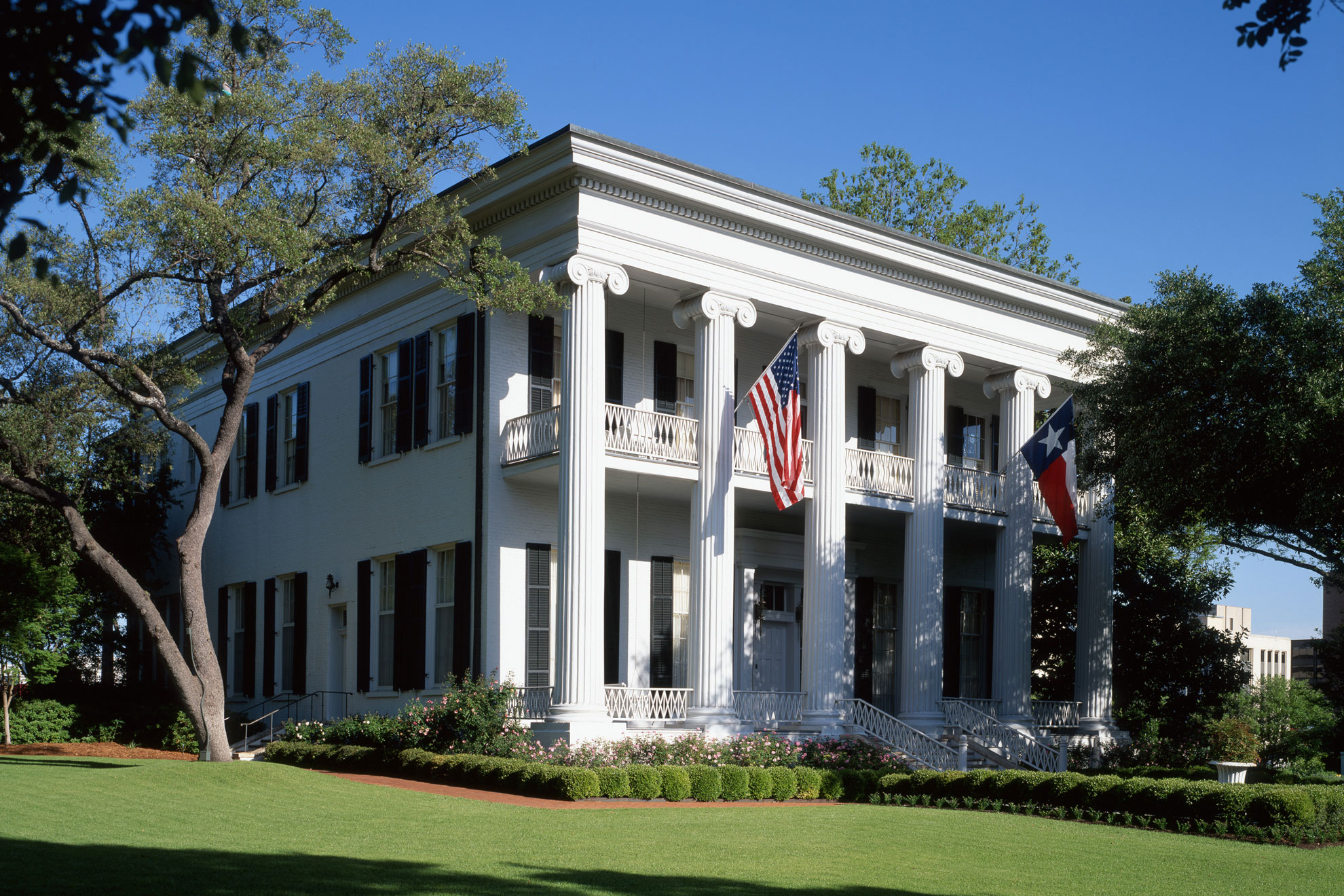49ersFootball
Banned
Zindler
10:00 PM CST, Friday, October 30th, 1987
Ch. 13 Studios, Houston, TX.

10:00 PM CST, Friday, October 30th, 1987
Ch. 13 Studios, Houston, TX.

Action 13's Consumer Reporter Marvin Zindler was the talk of the town in the Space City since coming to the ABC O&O Station in 1973. His investigative journalism, through which he mostly represented the city's elderly & working class, made him one of Houston's most influential & well-known media personalities not only in Houston, but across the Lone Star State & throughout the United States.
Born on August 10th, 1921 in Houston, TX. Zindler attended Pershing Middle School & Lamar High School in Houston before graduating from San Jacinto High School. He went on to John Tarleton Agricultural College (now Tarlenton State University in Stephenville, TX). In 1941, when the United States entered World War II, Zindler joined the United States Marine Corps & later received an honorable discharge for medical reasons. His father, Abraham Zindler, founded & owned a successful clothing store in Houston, was disappointed in Marvin, whom he considered frivolous & irresponsible. Abraham wanted his sons to inherit the store, a career course that Marvin was reluctant to take because of his father's sometimes angry behavior. When Abraham Zindler died in 1963, Marvin's inheritance was instead allocated to a trust for Zindler's kids.
In 1941, Zindler married the former Gertrude Kugler & would be blessed with 4 sons: Marvin, Jr., Donny, Danny & Mark & 1 daughter: Helen. He would also have 9 grandchildren & 1 great-grandchild. The Zindler's lived in the Houston neighborhood of Maplewood, where he resided for 48 years. Following being honorably discharged from the United States Marine Corps, Zindler began his broadcasting career in 1943 as a part-time night radio disc jockey & spot news reporter at Houston radio station KATL (currently KMIC 1590) while working for his family's clothing store. Beginning in 1951, when he worked for KATL, he hosted The Roving Mike, a 30-minute radio program airing on Sundays that documented crime & the people involved in Houston. In 1950, Zindler became a reporter & cameraman for Southwest Film Production Company which produced the 6:00 PM news for NBC 2 KPRC-TV Houston, but in 1954, he was fired by an executive who said he was "too ugly" to work in TV. Less than 2 years later, Zindler joined the Scripps Howard Houston Press to work part-time as a crime reporter & photographer. While working for the newspaper & his father's store, Zindler became dissatisfied with the retail business & in 1962 took a career detour to join the Harris County Sheriff's Office. He handled Civil Process for two years & then joined the Fugitive Squad where his work took him all over the world to extradite fugitives.
Two years before joining Ch. 13 KTRK-TV Houston, Zindler was assigned by the Sheriff & DA to establishing a Consumer Fraud Division with the Harris County DA's Office. This division is still operating today. It was during this time of his career that he got his first taste of working on behalf of the people. After Jack Heard was elected Harris County Sheriff in 1972, Zindler was unceremoniously let go, a move that Zindler blamed on agitated car dealers who were alleged to have been rolling back odometers.
Upon hearing about Zindler's unceremonious departure from the Harris County Sheriff's Department, Ch. 13 KTRK-TV News Anchor Dave Ward recommended Zindler to the station's assistant news director. On January 1st, 1973, Zindler joined Ch. 13, a station with a news program languishing in 3rd place. The rest is history....
Zindler made local & national headlines when he & fellow journalist Larry Conners reported on a long-lived brothel known as The Chicken Ranch in Fayette County, TX near La Grange, which led to its closure in 1973. The Chicken Ranch story was featured in a 1973 edition of Texas Monthly Magazine, two 1974 issues of Playboy Magazine, was the basis for the Broadway & film musical "The Best Little Whorehouse in TX," in which the character of Melvin P. Thorpe was based on Zindler. It also served as the basis of the song "La Grange" by ZZ Top. The closing did not go well with the Sheriff of Fayette County, Jim T. Flournoy, who later attacked Zindler in a fight that left Zindler with two fractured ribs, along with a snatched toupee. Reportedly, Flournoy waved the hairpiece in the air as if it were a prized enemy scalp & threw it in the street.
Then-TX Governor Dolph Briscoe (D) closed the operation..... only to have it open again after a few months. Then Zindler stepped in to shed more light on the operation, which led to its being closed for good.
Last edited:




.jpg)

